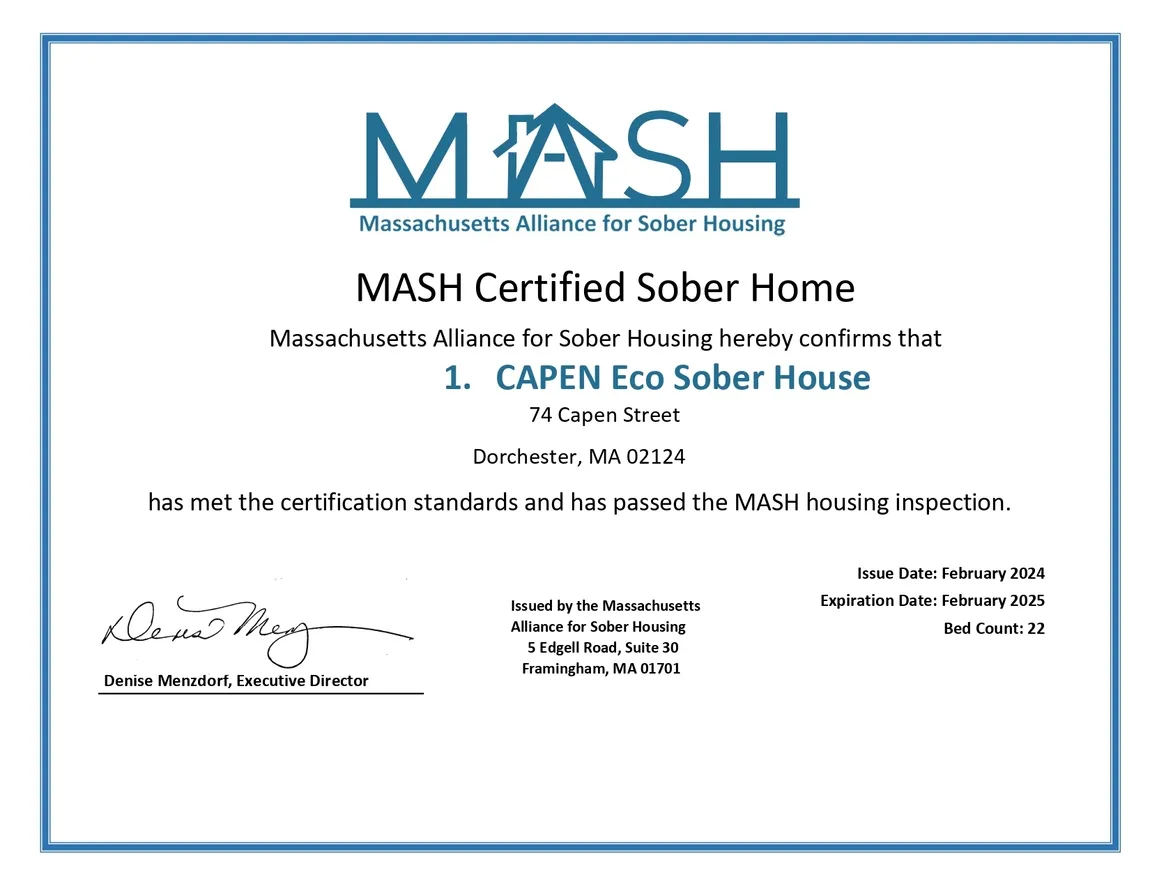
Doctors and clinicians frequently rely on this term when diagnosing or treating patients affected by alcohol-related conditions, emphasizing ETOH abuse the need for precision in medical communication. Stopping alcohol abuse starts with good drinking practices and well defined consumption guidelines. Selecting specific days to abstain from alcohol will enable individuals to consume less and lead balanced life. Furthermore crucial is the identification and handling of triggers like stress or specific social events that drive individuals to seek more alcohol. Maintaining low drinking levels depends much on the support of friends, relatives, or healthcare professionals. Avoiding alcohol abuse mostly depends on open communication and strong support system.Those who act and seek help when needed can prevent alcohol abuse and lead better, happier life.
Choose Recovery Over Addiction

For example, some hand sanitizers used in hospitals contain 70% ethanol. This means it has two carbon atoms, six hydrogen atoms, and one oxygen atom. These atoms are arranged in a way that makes it a type of alcohol that people can drink.
What Is ETOH Abuse?
They often reflect changes in a person’s typical behavior or demeanor due to their growing dependence on ethanol. Recognizing the signs of ethanol abuse is crucial for early intervention. These signs can be broken down into behavioral and physical categories. The short-term effects of ethanol, often perceived during or shortly after consumption, can vary significantly from person to person.
Alcohol Use Disorder
It can be life-threatening, causing serious medical issues like seizures and hallucinations that require immediate medical care. EtOH is a medical abbreviation 2 for ethyl alcohol, which is a type of alcohol found in drinks like beer, wine, and liquor. Ethanol is made from grains, fruits, or vegetables through fermentation. When dealing with acute alcohol intoxication, nurses must prioritize airway management and ensure the patient's safety. Monitoring vital signs, administering intravenous fluids, and preventing aspiration are key components of care.
Staying Informed About Alcohol Consumption

People must limit alcoholic beverages to occasional use to prevent/reduce the negative impacts it has on weight gain, aging, and other health-related issues. If your pattern of drinking results in repeated significant distress and problems functioning in your daily life, you likely have alcohol use disorder. However, even a mild disorder can escalate and lead to serious problems, so early treatment is important.

ETOH Abuse: A Guide to Causes, Symptoms, and Treatment Options
- Most programs help set up your aftercare once you complete the inpatient portion of your treatment.
- Nurses frequently encounter patients with acute alcohol intoxication in emergency settings, and it is essential to recognize the signs and provide appropriate care.
- It occurs when someone consumes a large amount of ethanol in a short period, leading to symptoms like confusion, vomiting, seizures, slow or irregular breathing, and unconsciousness.
- The professionals at Recreate Behavioral Health create personal care plans that are individualized based on each person’s unique needs and the severity of their addiction.
- My compassion, resilience, empathy, wisdom, knowledge, experience and love I have for this forgotten population goes beyond words.
Alcohol use disorder can include periods of being drunk (alcohol intoxication) and symptoms of withdrawal. By addressing these FAQs, nurses can further enhance their role in supporting individuals affected by ETOH addiction and promoting recovery. There are several misconceptions about alcohol and its effects on health. Nurses frequently address and clarify these myths for patients to promote better understanding and safer behaviors. alcoholism symptoms Exceeding these limits on a regular basis increases the risk of alcohol dependence and other health complications. Bill Zimmerman is a Greater Cincinnati Area native who has worked in substance use disorder/co-occurring mental health disorder treatment since 2018.
Behavioral Signs of ETOH Addiction
ETOH (ethyl alcohol or ethanol) abuse is a condition in https://ecosoberhouse.com/ which a person continues to drink excessively despite the harmful effects it has on their social, mental, physical, and emotional health. Making wise decisions concerning alcohol intake depends on an awareness of EtOH and how it affects the body. From its chemical makeup to its effects both short-term and long-term, EtOH is quite important for our health and welfare.
What does EtOH stand for in medical terms?
Many people with alcohol use disorder hesitate to get treatment because they don't recognize that they have a problem. An intervention from loved ones can help some people recognize and accept that they need professional help. If you're concerned about someone who drinks too much, ask a professional experienced in alcohol treatment for advice on how to approach that person. Unhealthy alcohol use includes any alcohol use that puts your health or safety at risk or causes other alcohol-related problems. It also includes binge drinking — a pattern of drinking where a male has five or more drinks within two hours or a female has at least four drinks within two hours. Alcohol use disorder is a pattern of alcohol use that involves problems controlling your drinking, being preoccupied with alcohol or continuing to use alcohol even when it causes problems.

Medication-Assisted Therapy (MAT)
The social stigma surrounding alcohol abuse often prevents individuals from seeking the help they need, compounding the problem further. ETOH, or ethanol, is alcohol found in alcoholic beverages such as beer, wine, and spirits. It is a psychoactive substance with dependence-producing properties.